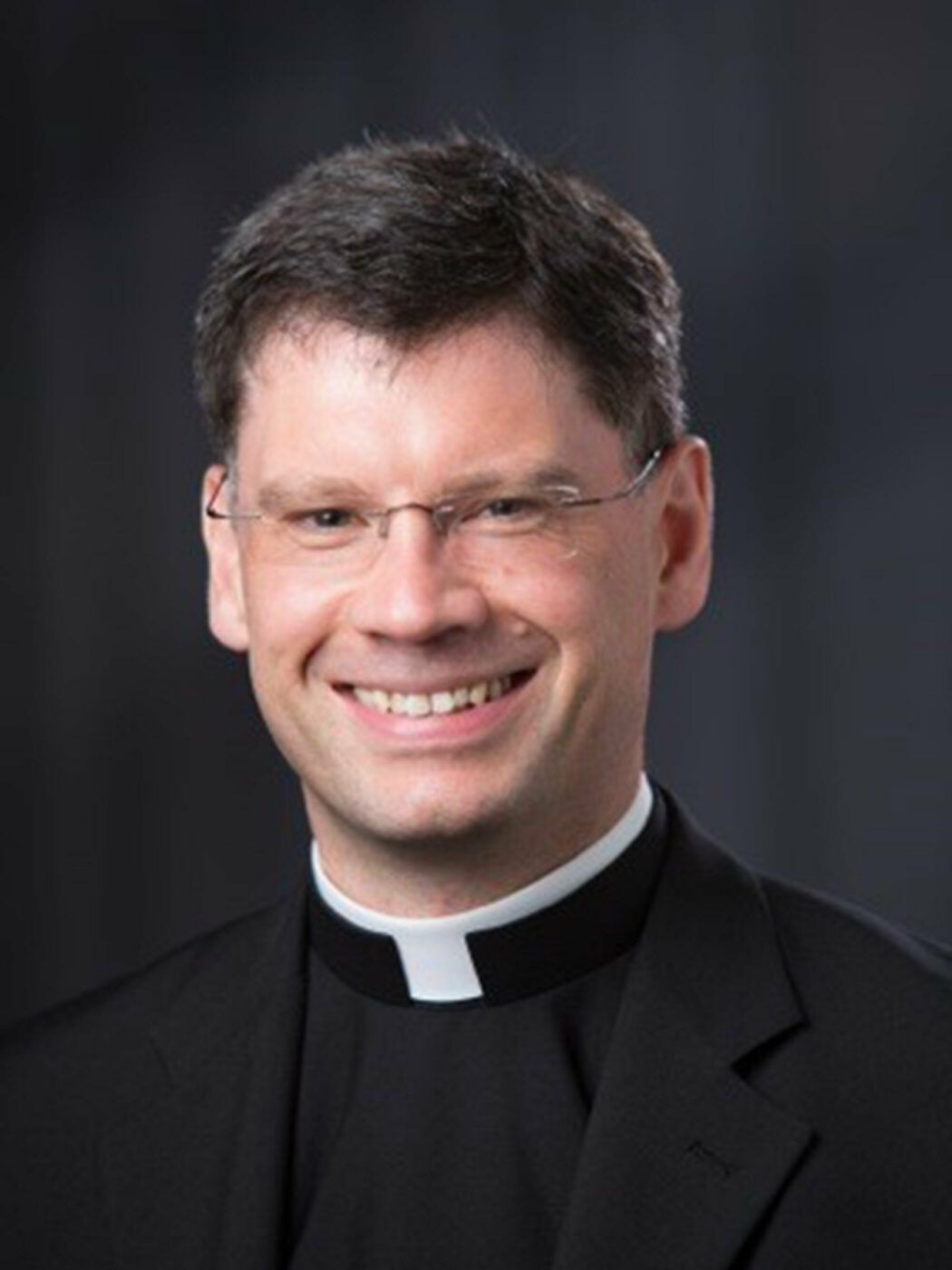Saint Thomas More agonized over whether to become a priest or to get married. It seems he suffered more making this decision than any time later in his life. In the end, he found peace and happiness in marriage and family life. He served the Lord as the Lord desired. He grew in holiness, the primary vocation of every Christian. He was called to be a saint. We all are.
Often the Lord draws us along the path of life through the good desires he places in our hearts, desires often expressed in phrases like: “I want to be a priest.” “I love her.” “I would love to have children.”
Saint Paul discusses such vocational discernment. Doing the Lord’s will, serving Him as He desires is what matters. Just before our second reading today, Paul writes that “everyone should live as the Lord has assigned, just as God called each one” (1 Cor 7:17). Then come the words of today’s reading:
Brothers and sisters:
I should like you to be free of anxieties.
An unmarried man is anxious about the things of the Lord,
how he may please the Lord.
But a married man is anxious about the things of the world,
how he may please his wife, and he is divided.
Since we are a seminary, we might ask: how does the Catholic priest fit in? We can only glance in passing here at the precious jewel that is the gift of priestly celibacy. This gift allows the priest to place his life entirely at the Lord’s disposal, to be “anxious about the things of the Lord” and “how he may please the Lord.” He can serve the Lord more readily with “an undivided heart.” Living this spousal and ministerial love expands the priest’s heart to love with nothing less than the love of Christ the Good Shepherd, the Divine Spouse and Head of the Church, our great High Priest.
Old Testament priests took their turns in rotation, remaining apart from their wives around the days of temple service. The priest of the New Covenant belongs entirely to the Lordfor all his days. No longer observing continence for the times of liturgical service only, the Catholic priest makes the total gift of himself to God, all the time, for the rest of his life. Nothing is held back. In this radical availability to the Lord and His people, the priest embodies this “no greater love,” the “love to the end” which is the love of the heart of Jesus. The ministerial priesthood is the sacrament of the Lord’s pastoral care. It is a glorious and humbling call and at the heart of the mission of Saint John’s Seminary.
Saint John’s Seminary, through its Theological Institute, also strives to equip faithful Catholics with new depths of knowledge and understanding, an enrichment of faith, ever-greater love and attachment to Christ, and the tools to give an account of the hope that we have (1 Pet 3:15). There are many ways of living out the radical vocation springing from Baptism. This raises the question of discerning one’s calling.
Choosing a state in life is a huge question and not always easy. Saint Thomas More agonized over it. It’s a big question for young people as they look forward, and sometimes for older people as time goes by. Sometimes, it is a cause of turmoil or panic: “what is my vocation?” “Do I have one?” “Has God forgotten me?” “What am I doing with my life?”
Here is where living the new life of Baptism is invaluable. Our first call is to holiness: “be holy, for I the Lord your God am holy” (Lev 19:2). This call meets the highest ideals and longings of the heart. Indeed, Jesus presents this call in terms of perfection: “Be perfect as your heavenly Father is perfect” (Matt 5:48). Every Thursday at Night Prayer we pray: “May the God of peace make you perfect in holiness” (1 Thess 5:23). Our primary vocation is to holiness, perfection, and love.
Sometimes, as Saint Thomas More did, we place great strain on ourselves to find our path in God’s will. This lack of clarity can be a trial—part of our purification, even as we learn greater trust in God. However, overthinking, over-discerning, can lead to something like spiritual cramp, an unsettled, distraught lack of peace, as if we had to concentrate hard and guess where the next invisible, submerged steppingstone may be—as if it all depended on us and not on God. “The choice,” as one writer puts it, “is not a matter of finding a hidden path . . . but of loving God, trusting him, and acting on that love and trust. That principle can take as many concrete forms as there are people in the world” (S.E. Greydanus).
Our primary call is to be saints! Saint Thomas More observed: “To become a saint in aterribly imperfect world, while being terribly imperfect oneself, is the challenge of every person.”
The important thing is that we place our lives at the disposal of Him who is Love without measure, that we trust Him, that we try to serve Him as He desires. To serve him as He desires is our vocation. Therein lies our peace and fulfilment.


